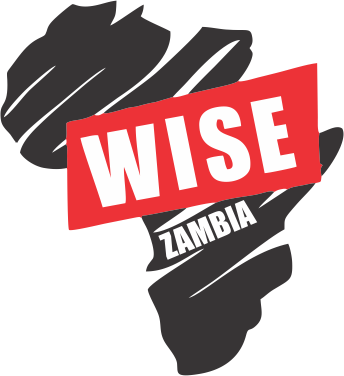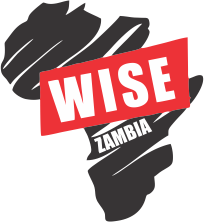The Lesson of Listening
Last Thursday evening, I listened to Melinda Gates’ Zoom presentation on her book, The Moment of Lift, in a program sponsored by Arizona State University. I had never heard Ms. Gates speak before, and came away quite impressed. I was equally impressed by the questions of the ASU students.
If there was a single theme to Ms. Gates’ presentation, it was the importance of listening, particularly those whose life experiences are different from the listener. This same theme permeates Ms. Gates’ book. Referring to persons of power and wealth, she noted that they can believe that “their success in one thing makes them an expert in everything.” Gates, Melinda, The Moment of Lift, at 171. The result: “If you think you’re super smart and you don’t listen to people, you can reach into areas outside your expertise and make bad decisions with big impact.” Id.
Listening. It sounds so simple. But I’vediscovered that it is anything but. Effective listening requires meaningful sharing by the person being listened to. And this requires trust. And as Arthur Ashe once observed, “trust has to be earned, and should come only after the passage of time.”
I learned this lesson the hard way. I first went to Zambia in the summer of 2011, and then again in 2012. By the end of 2012, I was officially on the board of WISE. I returned to Zambia in the summer of 2014.Each time, I thought I was “listeing,” and the people with whom we spoke were always very polite (as is the Zambian way!). I would meet with local community leaders, who always expressed their thanks for the work we do and express their desire for continued cooperation. But I always got the sense I was hearing platitudes and niceties, but not what we really needed to hear.
Things changed in 2015. I did something different. I travelled to Kaoma during the rainy season. The rainy season in Kaoma is miserable. When it rains, it pours, like a faucet turned on. There is no way of escaping the water, the mud, and the perpetual discomfort.
And I think that is when people realized I wasn’t like most Americans who come, purport to create friendships/relationships during a one or two week visit, promise to keep in touch, head back to the States, never to be heard from again. I continued to hold my meetings, but I was having to fight the torrential rains to do so. On Sunday, I walked to the local Catholic Church—in the rain. I was the only white face in the building.
I was back for the 4th time. And I was willing to come when it wasn’t sunny, but during the most miserable time of the year. That is when I feel people were actually willing to open up to me. It wasn’t me asking the right questions; heck, I knew I was undoubtedly asking the wrong questions. But I think people knew that I (representing the United States’ branch of WISE) was coming back. That we were not going to abandon the work our Zambia Director Maggie was doing. And I think only then were people willing to open up as it necessary. And I think that was somewhat missing from Ms. Gates’ talk. Listening is absolutely vital. It’s also not easy and it takes time.
In her presentation, Ms. Gates noted the numerous unfinished or unused projects started by well-meaning but uninquisitive persons. I, too, could give a tour of similar projects just within the Kaoma District of the Western Province. It may seem counterintuitive, but listening to understand and not to reply or act is vital.
Every person has a story to tell, if we only take the time to really listen, and not just once, but over time, building trust. There is power in listening, but true listening requires courage.
The Melinda Gates presentation juxtaposed with a telephone call I had with Maggie. Maggie was at a meeting with parent leaders and staff at Kaoma Secondary School. One of the parents asked her, “is the gentleman from the United States coming?” March is the rainy season. They are now actually expecting me to be there! Not gonna lie, that felt good!
WISE Zambia is a United States 501(c)(3) nonprofit organization, Federal Tax ID# 41-2141986. WISE Zambia is a registered Zambia non-governmental organization, Tax No. 1019286370
© Copyright 2023 Sishima Graphic Design (Zambia)


